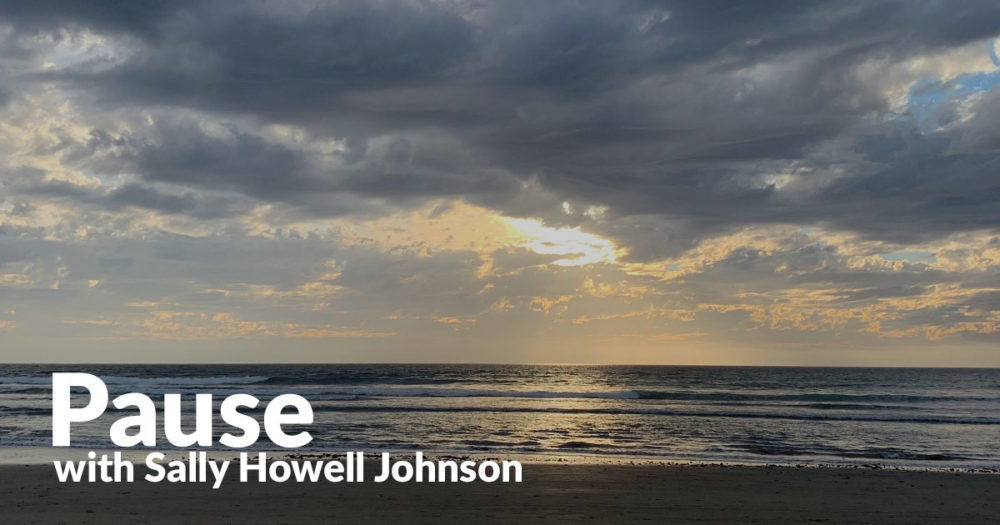In high school I had the most beautiful green,velvet dress. It was a rich, dark green and as you ran your hand across the fabric, the luscious color would change ever so slightly as if the very threads themselves held a variety of hues. It had been purchased for a dance and so had special sewn right into it. When I wore this dress, I was immediately lifted above my normal, ordinary, every day teen-aged self. Instead I felt beautiful, elegant, regal. Green velvet can do that.
As I drove across the Wisconsin country-side this past week, I thought of that dress. Out my car window the land was unfolding in field after field of green. Some were dark, forest-like. Others seemed to be immense mats of moss, no doubt springy to the touch. Still others were just emerging in their green-ness. They looked like adolescents in their color compared with the grown up fields that stood on each side. Their color varied, of course, depending on what was planted in the fields. It was a mile by mile gift of what is happening in the ‘Earth Kingdom’ right now, in these early days of summer.
The rains have not fallen with abandon in the parts of Wisconsin I traveled through, unlike what we have experienced in southern Minnesota. Only rarely was there standing water in a corn field and this same corn is well on its way to being knee high by the 4th of July. Growth was everywhere and it was very, very green.
At some point of my drive the winds picked up and began to play with the color green that was visible out my windshield. A few times, the wind moved in just such a way as my hand had on my green velvet dress, creating different shades of the same cloth. I watched with awe at its beauty. West…..dark, rich green. East…..lighter, softer green. And so it went for mile after mile.
The experience had me reflecting on color and its varieties, its variance. Here was the same field, planted with the same vegetation and yet the power of wind, the movement of the nap of green could create a visual that was completely different. In the blink of an eye.
I thought of the ways in which not only the plant world but the human world holds variety and variance that can, with the movement of wind or perhaps Spirit,cause this amazing change. We hold within us both compassion and self-righteousness, kindness and neglect, hope and despair, peace and anxiety. With a whoosh one way or the other, a different side of the same being shines forth. One is not necessarily better than the other…..just a shade we had not considered, had not realized was there, had hoped to avoid, wished would appear.
Wearing green velvet is a glorious experience. Seeing the fields dance in their unfolding is glory of a different sort. And yet, on one ride on a particular day, these gifts of green came together.
Blessing. Pure blessing.










